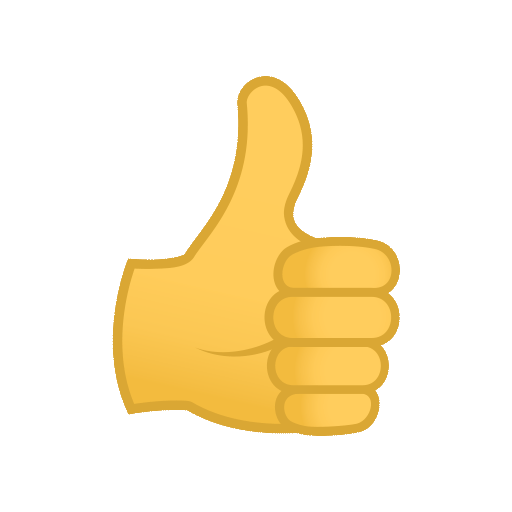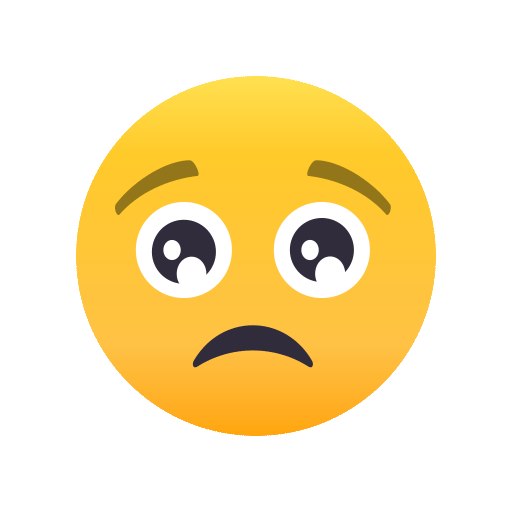Revolutionizing Healthcare with Custom Mobile Solutions
Healthcare app development is transforming the way healthcare services are delivered, making medical practices more efficient and accessible for both patients and healthcare providers. Tailored mobile solutions in the healthcare sector are becoming integral in modernizing healthcare operations, ensuring better outcomes for patients and providers alike.
Enhancing Healthcare Efficiency with Mobile Solutions
Mobile applications designed for healthcare streamline operations and significantly improve workflows. From appointment scheduling to patient data management, these apps make processes faster and more reliable. Leveraging the latest technologies like AI, IoT, and blockchain, these apps ensure patient data is securely handled and integrated into existing healthcare systems. For example, mobile health apps improve access to care by enabling remote consultations and tracking patient progress, reducing the need for physical visits.
The Role of Patient Engagement and Care
Patient engagement systems are vital in empowering patients to manage their health proactively. These platforms facilitate continuous communication with healthcare providers, enabling patients to discuss their concerns, receive reminders, and stay informed about their treatment plans. Such engagement is particularly beneficial for individuals with chronic diseases, improving health outcomes by promoting self-care and adherence to treatment plans.
Mobile EHR Solutions for Enhanced Care Delivery
Mobile Electronic Health Record (EHR) solutions help doctors and healthcare providers access critical patient information in real-time, aiding in quicker and more accurate decision-making. These applications promote interoperability, allowing healthcare providers to seamlessly exchange patient data across various systems. With EHR applications, clinicians can access patient histories, track medications, and reduce errors, ultimately leading to faster and more accurate diagnoses.
E-Prescription for Increased Accuracy
Prescription errors due to illegible handwriting can lead to serious complications. E-prescription systems eliminate this problem by allowing healthcare providers to send prescriptions directly to pharmacies electronically. This ensures that patients receive the correct medication, improving accuracy, efficiency, and patient safety. E-prescription apps also speed up the dispensing process, reducing wait times and promoting better medication management.
Optimizing Laboratory Management
Laboratory management applications simplify workflows in testing labs by managing patient samples, test schedules, and inventory. These apps help labs maintain efficiency and organization, ensuring that test results are processed and delivered in a timely manner. Additionally, they provide analytical insights, helping pathologists and physicians make informed decisions and improving patient care.
Practice Management Solutions for Small and Large Practices
For healthcare providers, managing administrative tasks like insurance verification, appointment scheduling, and billing can be time-consuming. Custom practice management apps centralize these tasks in one interface, helping practices run more smoothly. These mobile applications are designed to meet the specific needs of healthcare providers, ensuring ease of use and increasing productivity by automating routine tasks.
Integration with Health Information Exchange (HIE)
Integration with Health Information Exchange (HIE) systems ensures that patient data is shared securely between various healthcare providers, enhancing care coordination. This real-time data sharing improves the quality of patient care, reduces duplication of tests, and promotes informed decision-making. Healthcare app developers can create apps that integrate seamlessly with HIE systems, making patient information accessible to authorized professionals across the care continuum.
Adapting to Changing Healthcare Needs
As the healthcare industry continues to evolve, mobile health applications play a crucial role in adapting to new challenges. Whether it’s improving operational efficiency, enhancing patient care, or facilitating the secure exchange of health data, these solutions are integral to modern healthcare delivery. The ongoing development of healthcare apps ensures that providers can offer better services, while patients benefit from easier access to care and improved health outcomes.
In conclusion, healthcare app development is essential for creating more efficient, accessible, and secure healthcare systems. By integrating innovative technologies and focusing on user-friendly interfaces, these solutions are poised to revolutionize the industry, providing benefits that reach both patients and healthcare professionals.
Source: https://www.osplabs.com/health....care-app-development


@emmaswift211
Revolutionizing Healthcare with EHR Integration Solutions:
The healthcare industry is evolving rapidly, driven by the need for efficiency and improved patient outcomes. Electronic Health Records (EHR) integration is at the forefront of this transformation, enabling seamless data sharing and streamlined operations. By connecting disparate healthcare systems, EHR integration enhances care delivery while reducing administrative burdens.
Why EHR Integration Matters
EHR systems are repositories of critical patient information, from medical histories to lab results and treatment plans. However, when these systems operate in silos, healthcare providers face challenges in accessing complete and up-to-date information. EHR integration resolves this issue by creating a unified platform for data exchange, ensuring that clinicians and administrators have the tools they need for informed decision-making.
Key Features of Effective EHR Integration
Seamless Interoperability
Interoperability is the backbone of EHR integration. It ensures that healthcare systems, whether they are hospitals, pharmacies, or diagnostic labs, can communicate effectively. This connectivity facilitates coordinated care by sharing accurate patient data across platforms.
Customizable APIs
Application Programming Interfaces (APIs) play a crucial role in connecting EHR systems to other healthcare software. Custom APIs allow organizations to adapt integrations to their unique workflows, enhancing flexibility and usability.
Compliance and Security
Handling sensitive patient information requires adherence to stringent regulations like HIPAA and GDPR. Integrated EHR solutions prioritize robust data security, employing encryption and access control measures to safeguard patient privacy.
Enhanced Automation
Automation is a significant benefit of EHR integration. Processes such as patient registration, billing, and prescription management can be streamlined, reducing errors and saving time for healthcare professionals.
Benefits Across the Healthcare Ecosystem
EHR integration delivers advantages for all stakeholders. Physicians gain real-time access to patient data, enabling accurate diagnoses and treatment plans. Administrators experience improved operational efficiency through reduced paperwork and better resource management. Patients benefit from faster services and increased engagement through tools like patient portals and telehealth integration.
Paving the Way for the Future
As healthcare embraces digital transformation, EHR integration will play a pivotal role in adopting advanced technologies like AI and machine learning. These innovations will enable predictive analytics, personalized care, and improved patient outcomes.
EHR integration is not just about connecting systems; it’s about fostering collaboration, improving efficiency, and ultimately transforming healthcare delivery to better meet the needs of providers and patients alike.
Source: https://www.osplabs.com/ehr-integration/
Revolutionizing Healthcare with Automation Solutions:
In an era where technology plays a pivotal role in every aspect of life, healthcare is no exception. Automation solutions in healthcare are transforming the way medical facilities operate, enhancing efficiency, reducing costs, and improving patient care. By streamlining processes, these solutions are not only helping healthcare providers manage their workloads but also allowing them to focus on what matters most—patient health.
One of the most significant advantages of healthcare automation is the reduction of manual tasks. Administrative duties, such as appointment scheduling, billing, and patient record management, can be tedious and time-consuming. Automation tools can handle these tasks, freeing up healthcare staff to dedicate more time to patient interactions and care. This shift not only boosts productivity but also enhances the overall patient experience.
Moreover, automation improves accuracy and reduces the likelihood of errors. In healthcare, even minor mistakes can have serious consequences. By utilizing automated systems for data entry and processing, organizations can minimize human error, ensuring that patient information is accurate and up to date. This reliability is crucial for effective diagnosis and treatment planning.
Additionally, automation solutions facilitate better communication within healthcare teams. Integrated systems allow for seamless sharing of patient information across departments, ensuring that all healthcare providers have access to the same data. This collaborative approach enhances coordination in patient care, leading to improved outcomes and satisfaction.
Patient engagement is another area where automation shines. Automated reminders for appointments, medication schedules, and follow-up care keep patients informed and involved in their health management. These proactive communications encourage adherence to treatment plans and foster a sense of responsibility among patients regarding their health.
Data analytics, powered by automation, also plays a significant role in enhancing healthcare delivery. By analyzing patient data, healthcare organizations can identify trends, measure outcomes, and make informed decisions that improve services. Predictive analytics can help anticipate patient needs and resource allocation, optimizing operational efficiency.
In conclusion, healthcare automation solutions are essential for modern medical facilities aiming to enhance efficiency and patient care. By reducing manual tasks, improving accuracy, fostering communication, and engaging patients, these technologies are reshaping the healthcare landscape. As the industry continues to evolve, investing in automation will be key to delivering high-quality care and meeting the demands of an increasingly complex healthcare environment.
Source: https://www.osplabs.com/health....care-automation-solu
I am a Healthcare enthusiast providing healthcare-related business services with modern tech solutions.
Install Palscity app





